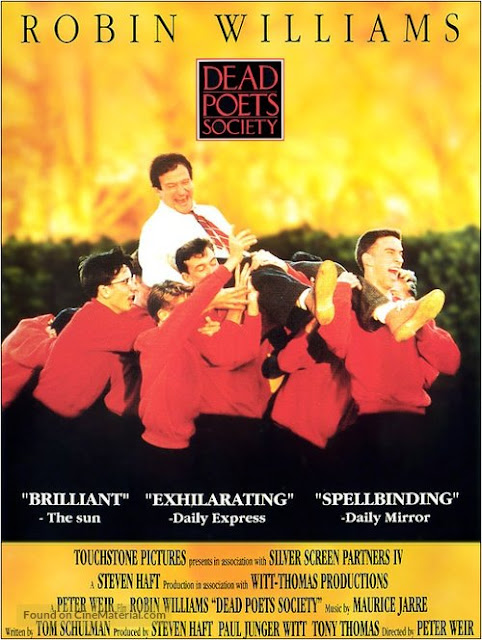
- #Korean movie scripts pdf movie
- #Korean movie scripts pdf pdf
- #Korean movie scripts pdf serial
- #Korean movie scripts pdf driver
- #Korean movie scripts pdf professional
Contests and hosting sites such as The Blacklist do charge but run the other way if a producer asks you to pay anything. Some final words of advice: legitimate industry professionals will never require a submission fee, entry fee, or any other kind of paid requirement to read your content.
#Korean movie scripts pdf movie
A quick Google search should reveal many production companies who will accept original material, or at least the windows in which they will review movie scripts and television pitches. If a producer says they do not accept query letters, unsolicited pitches, or screenplay submissions, heed their warning! They mean it, and you may burn a bridge by trying to submit your film script anyway. In some cases, you may be able to submit your script directly to a production company or a producer who has indicated they'll accept unsolicited screenplays without an agent attached, or who has an open solicitation (often for a specific kind of script).

Production Companies Accepting Scripts Directly From Screenwriters
#Korean movie scripts pdf professional
Note, though, that competition here is fierce, as many professional screenwriters also use this portal to get industry insiders' eyes on their scripts and to gain some market validation that their script is worthy of production. You can post your script to the website for review for a fee of $25 per month.
#Korean movie scripts pdf pdf
The Blacklist pegs itself as a website “where filmmakers and writers meet,” with portals for screenwriters to submit their PDF file screenplay and for film & TV professionals to discover them. According to the website, BBC promises to read at least the first 10 pages of your script, then offer up development opportunities to the best and brightest. In addition to offering up resources for writers, BBC Writers Room also hosts a portal for writers to submit content during two open windows per year to The Script Room. A couple platforms to consider include: BBC Writers RoomīBC Writers Room works with and develops new and experienced writers across genres. In addition to pitching and entering contests, there are several online platforms for uploading your script for consideration, whether it be feedback or discovery you’re looking for. Take a look at our Feature, TV Pilot & Short Film Fund Contests.Submit Your Screenplay to an Industry Platform, List, or Production Company Thanks to the screenwriters and directors that remain influential, the changes in cinema during the 1970s laid the groundwork to the movies we still watch today.

Overall, the 1970s was a time in Hollywood that wasn’t lacking in creativity and innovation. Steven Spielberg ( Jaws), George Lucas ( Star Wars), Martin Scorsese ( Taxi Driver), and Francis Ford Coppola ( Apocalypse Now) are only a handful of the many directors who created influential films in the 70s that continue to be adored.
#Korean movie scripts pdf serial
These 70s horror films launched franchises and created tropes with paranormal, serial killer slasher, paranormal slashers, and space thrillers.ĭirectors who are still celebrated today were thriving in the 70s as well. Cohen,) The Texas Chainsaw Massacre (Kim Henkel,) Alien (Dan O’Bannon,) and Halloween (John Carpenter) created a firm basis for the genres that many of our modern favorites still use. Classics like The Exorcist (William Peter Blatty,) Carrie (Lawrence D. The horror and thriller genres also started to take shape during these years.

#Korean movie scripts pdf driver
Post-traumatic stress disorder wasn’t even being formally acknowledged at this time, yet there are dozens of films from the 70s that involve post-Vietnam trauma in soldiers: The Deer Hunter (Deric Washburn,) M*A*S*H (Ring Lardner Jr.,) and Taxi Driver (Paul Schrader) to name a few. Similarly, some of America’s first favorite cult classics emerged in the 70s, like The Rocky Horror Picture Show (Richard O’Brien) and Willy Wonka and the Chocolate Factory (Roald Dahl.)Īnother very prominent theme in 1970 cinema is the use of trauma in war dramas. The first blockbusters, Star Wars (George Lucas) and Jaws (Peter Benchley), broke box office records and set a precedent for modern cinema. In response, Hollywood developed a new kind of action film that appealed to a younger audience: the blockbuster. The previous decades had left the film industry struggling financially. Many critics and audiences regard the 1970s as a renaissance in American cinema.


 0 kommentar(er)
0 kommentar(er)
